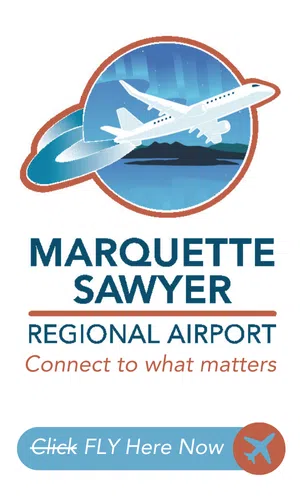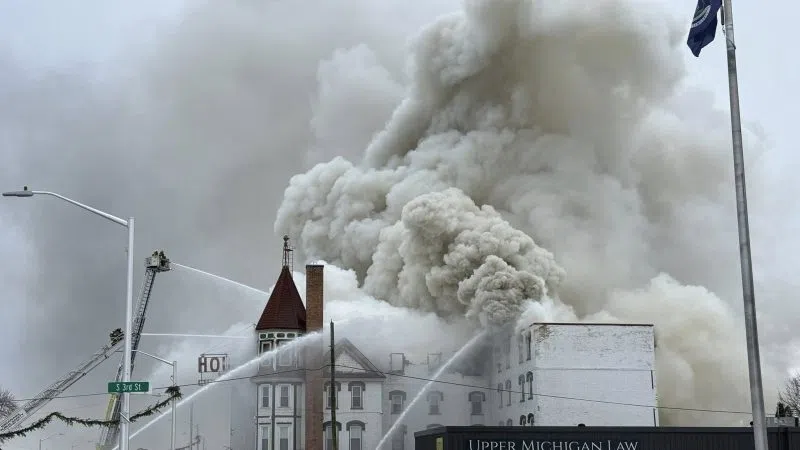Upper Peninsula Health Care Solutions (UPHCS) was recently awarded a one-year Rural Health Network Development Planning grant in the amount of $100,000 from Health Resources and Services Administration (HRSA) (a division of the U.S. Department of Health and Human Services) in support of developing an Upper Peninsula Behavioral Health Network (UP-BHN).
In addition, UPHCS was awarded a two-year Pediatric Mental Health grant in the amount of $106,165.93 from the Superior Health Foundation (SHF) to bolster the UP-BHN to serve youth and adult populations with the understanding that the health of the whole family is crucial to the health of children.
All 15 Counties of the Upper Peninsula are designated as “High Needs” Geographic Mental Health Professional Shortage Areas (HPSAs). Most of the psychiatrists that serve the region are either clustered in Marquette, or accessible only through the community mental health (CMH) system or the US Department of Veteran Affairs (VA). They both are subject to stringent eligibility requirements that severely limit the size of the populations that they are able to serve. Many primary care physicians in the region find themselves managing the care of an overwhelming number of patients with behavioral health needs, and they have difficulty accessing psychiatric consultations. Psychiatric nurse practitioners or physician’s assistants are available in some communities, but they face the same shortages. Access to therapists is limited as well. As a result, many patients who need behavioral health services face wait times of more than six months before they can see an appropriate provider, have to travel long distances, or they must undergo frequent, disruptive, provider changes leading to poor health outcomes.
Through these two funding sources, UPHCS will develop the Upper Peninsula Behavioral Health Network (UP-BHN) Hub and Spoke Model for Behavioral Health Services pilot project implementation plan. Over the course of the grant period, the UP-BHN will establish a robust network of behavioral health care providers, hospitals, clinics, health departments, tribal health care organizations, and third-party payers to evaluate and develop region-wide solutions to the care access issues leading to poor health outcomes for the residents of the UP.
“The UPHCS Board of Directors has overwhelmingly supported initiatives and projects aimed at enhancing and broadening the reach of behavioral health services in the Upper Peninsula,” said Melissa Holmquist, Executive Director for UPHCS. “The idea for this transformative work came directly from our UP Providers to truly benefit the communities we serve, and our team is excited to begin this important initiative.”



























Comments